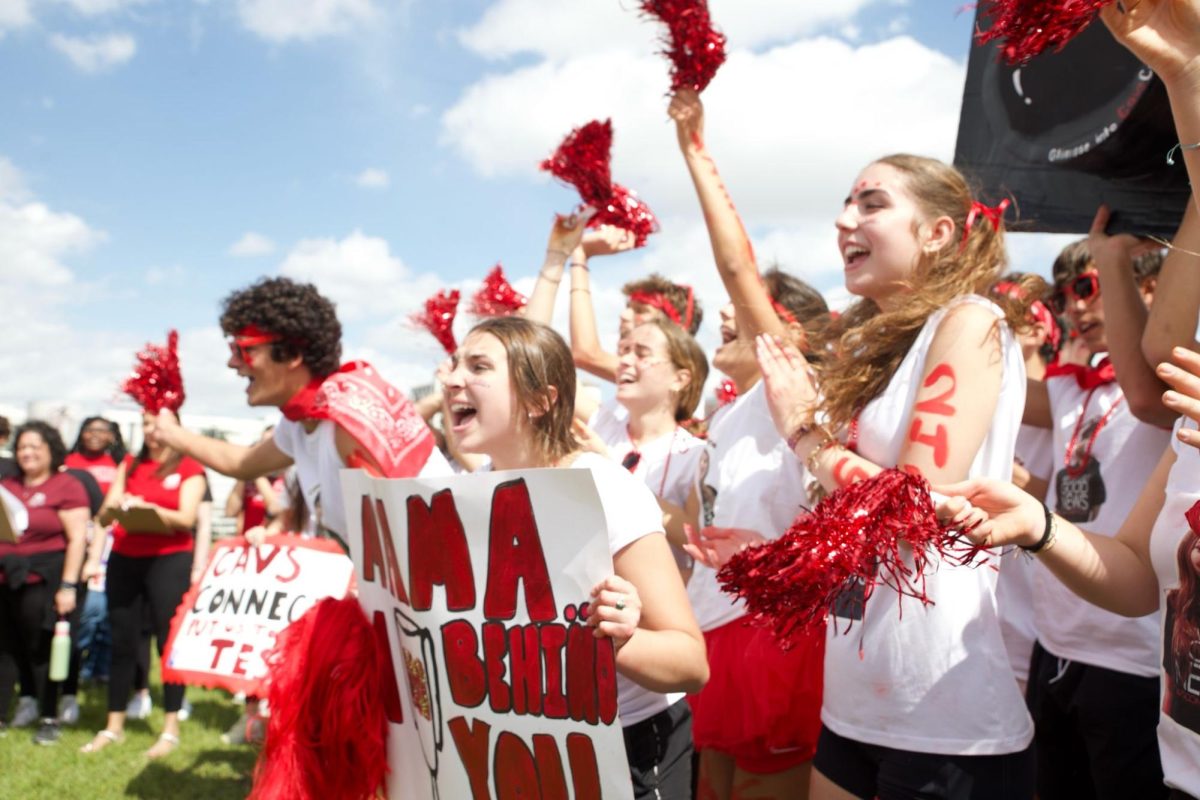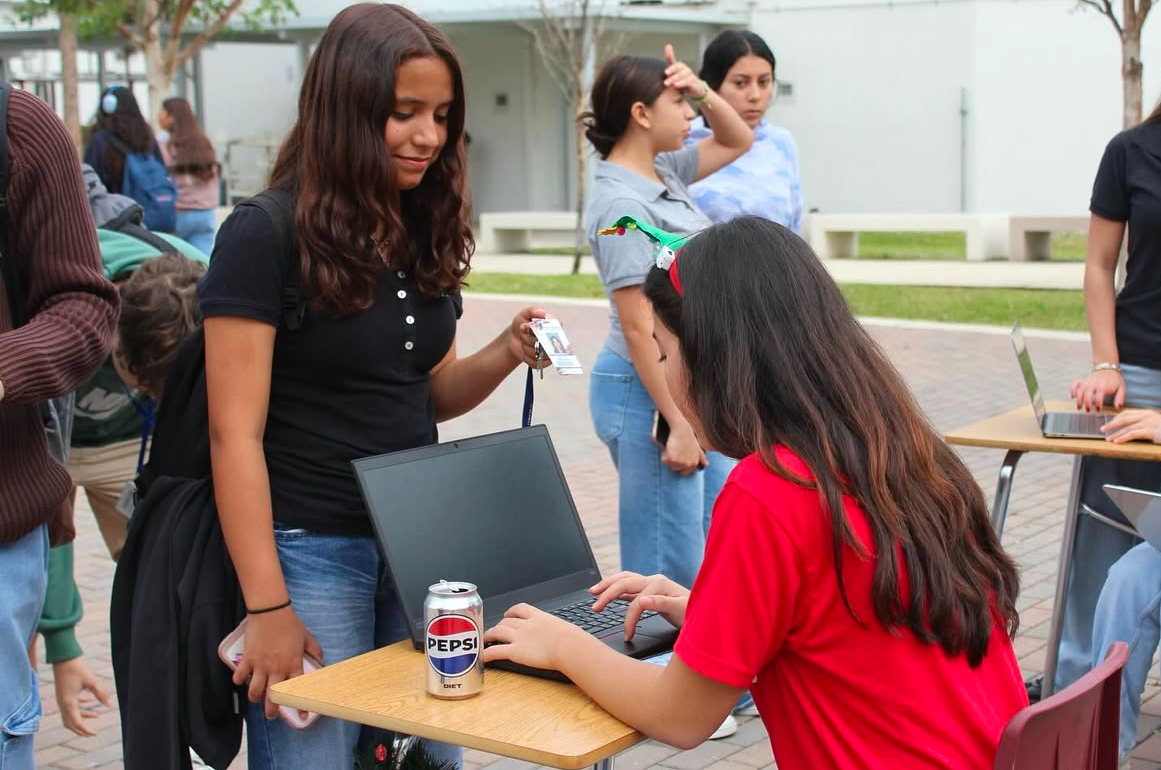Public school students usually have to raise funds, whether it is for a school trip, a sports team or new equipment. But is it really fair to put young people who already have a lot on their plates so much financial pressure? Not only does this prevent them from concentrating on their primary objective, which is education, but it is also unfair considering that not all students have access to resources that can assist them in succeeding.
For student-athletes, the demands of fundraising add even more pressure to their already-intense schedules. For most, it is difficult to maintain a balance between academics and athletics training, so adding fundraising to the mix, with all of its responsibilities, can result in exhaustion and decreased performance in all areas. It is simply unjust to expect students to succeed academically and athletically while also dealing with the pressure of achieving fundraising objectives so they can help their teams.
“I already have to handle the stress of balancing school work, homework, football practices and the games. I have noticed that I have slacked off in both the classrooms and the field. Fundraising just adds way too much to worry about especially when being both a senior and an athlete,” senior Jorge Fernández said.
The same is true for students who are not athletes, given that they too have much a large amount of school work, participate in extracurricular activities and take care of their mental health in the meanwhile. If they are forced to add fundraising to their list of responsibilities, their overall success and well-being may suffer. When it comes to needing to reach a certain goal for raising money, not doing so can easily determine your grades or your ability to participate in certain events such as Homecoming and Prom.
“Fundraising is honestly kind of annoying but it is necessary mainly for sports. Especially cross country since to enter the races it’s pretty expensive, so I see why we do it plus it helps us get new gear. As for Cavaleon, I think we make enough money just by selling the books but extra money never hurts,” junior Linus Boettcher said.
When it comes to awaited and important events, fundraising can ultimately decrease students interest to participate. Instead of students looking forward to be a part of Prom or Homecoming, they see these celebrations as burdens that come with the constant pressure and requirements. The full high school experience and spirit is extremely weakened when all the worry to raise enough money to participate is placed as a weight on students’ shoulders.
To fundraise, students in publications, athletes and seniors are constantly forced to go to classrooms or even take time out of their lunch to go around the pavilion to plead students for sales to meet their item requirements. On top of all the school work that they do not look forward to after the bell rings, having to get a certain amount of money in a specific amount of time takes away from their time of day.
“Having to fundraise for Gables Live was honestly pretty stressful. Handling all my homework plus having to worry about selling things or raising enough donations kind of just makes me want to be less productive since there is so much to do and so little time to do it,” freshman Alec Angulo said.
Specifically in public schools, not all students have equal resources and connections. Some students may not know many people who can donate because they come from families that cannot afford to give much. The disparity between students who are able to fundraise easily and those who are not only provokes the situation, creating a financial divide between students rather than bringing everyone together for a cause that requires their contributions. Students who are already struggling financially might feel excluded, embarrassed or even guilty for their inability to fund their school or extracurriculars.
“I get that we have to fundraise but sometimes the way we do it especially if it is online is pretty ineffective. A lot of people can’t afford to donate more than $10. However, I think that selling stuff physically is a better alternative but even then, some people still don’t buy and you have to end up wasting your own money. But overall, it helps us get all the money that we need,” junior Lucia Astorga said.
At the end of the day, the presumption that students should consistently fundraise reflects a greater issue of slanted needs and inadequate assistance inside the educational system in place. Schools and organizations should look for more balanced strategies that let students focus on their education and personal development rather than burdening them financially.
The focus must be placed on censuring that all students have the resources they require to participate in their school’s sports and classes without adding additional stress. Districts should provide student activities greater funding so that activities like Prom, extracurriculars and field trips are supported fairly. With this strategy, students would not have to worry about repeatedly making money and could instead concentrate on their education and personal growth, a normal lifestyle for students looking to make the most out of their high school years,











